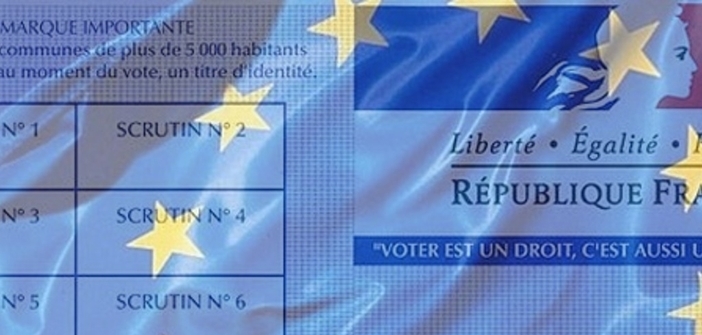To candidates who use Europe as a scapegoat instead of seeing it as an opportunity, it should be reminded here that the EU has very little influence on our daily lives. Some of our neighbors are doing better than us because they have made the right decisions.
We are delighted to see the European question taking an important place in the national debate, but we are doubly concerned: Europe is being used as a scapegoat to conveniently dismiss national responsibilities, and we expect presidential candidates to clearly articulate their vision of the European Union. We hope the presidential debate will address an essential question: why do we need the European Union?
“Europe” is not responsible for all of France’s woes! The EU’s competencies are limited, even non-existent, in areas that are at the heart of the daily lives of the French: education and training, housing, labor market regulations, the functioning of social protection, tax levels, law and order… We can’t both demand more fiscal and social harmonization and act as if, in these areas, French problems stem from “European standards” that are nowhere to be found. Conversely, if we make progress on taxing multinationals, which by definition evade the national framework, it’s thanks to the European Union.
EU countries are “united in diversity,” including in their ability to make good or bad economic, social, and budgetary decisions. Like many of our compatriots, we could become “Franco-skeptics” when we see that some of our neighbors are doing better than us. One example: France has an unemployment rate of about 10%, Greece over 20%, and Germany less than 5%, even though all three are part of the same EU, the same eurozone, and the same Schengen area. It is to our leaders that we must first hold to account for the results they have achieved at the national and European levels. If the functioning of the Economic and Monetary Union needs improvement, it is indeed the distrust among our countries’ leaders that hinders the necessary compromises.
The fact that the European Union has “subsidiary” competencies does not mean it is a secondary issue: the future president and his government will indeed make decisions in its name, alongside their counterparts from other member states and European parliamentarians. The EU shapes the lives of our farmers and fishermen, some of its rules frame national political choices (notably in terms of budget deficit, international trade, and competition), and belonging to the European free movement area has both positive and negative impacts: this alone is grounds for an intense public debate! This debate must be all the more in-depth as times are serious: we Europeans are threatened at our doorstep (Islamic State, Syria, Libya, Ukraine, etc.), while the rise of Europhobia and Euroskepticism hinders the dynamism of our Union. Yet, part of our national destiny is indeed at stake on the European stage, as only unity is strength. In the face of security threats, as well as climate change, energy dependence, rampant finance, or uncontrolled migration, strictly national solutions are ineffective. On the contrary, on these topics, we have shared concerns, interests, and a future with other Europeans.
It is up to presidential candidates to say what kind of “Europe” they want, how they intend to involve citizens in its development, to express what the expectations of other Europeans are, how European decision-making processes can gain transparency and efficiency… France has always played an important role in the evolution of European construction, whether to accelerate or slow it down. Our country can be a true inspirer of the European Union, even if it cannot impose its views on all its partners: beware of “democratic denial” which would consist of promising a “refounded” Europe resembling a larger France, whereas it is inherently the result of a compromise among 28, soon 27, countries.
A large majority of the French people have no intention of leaving the EU or the eurozone, but they observe its difficulty in emerging from interlocking crises. We will remain among the most influential co-owners of the common European house: this is also why we call on all candidates and all our fellow citizens to fully seize the upcoming presidential election to make it a major democratic event, both national and European.
*Yves Bertoncini is director of the Jacques Delors Institute, Jean-Marie Cavada is president of the European Movement France, Thierry Chopin is director of studies at the Robert Schuman Foundation, Anne Macey is general delegate of Confrontations Europe, and Denis Simonneau is president of EuropaNova.*


